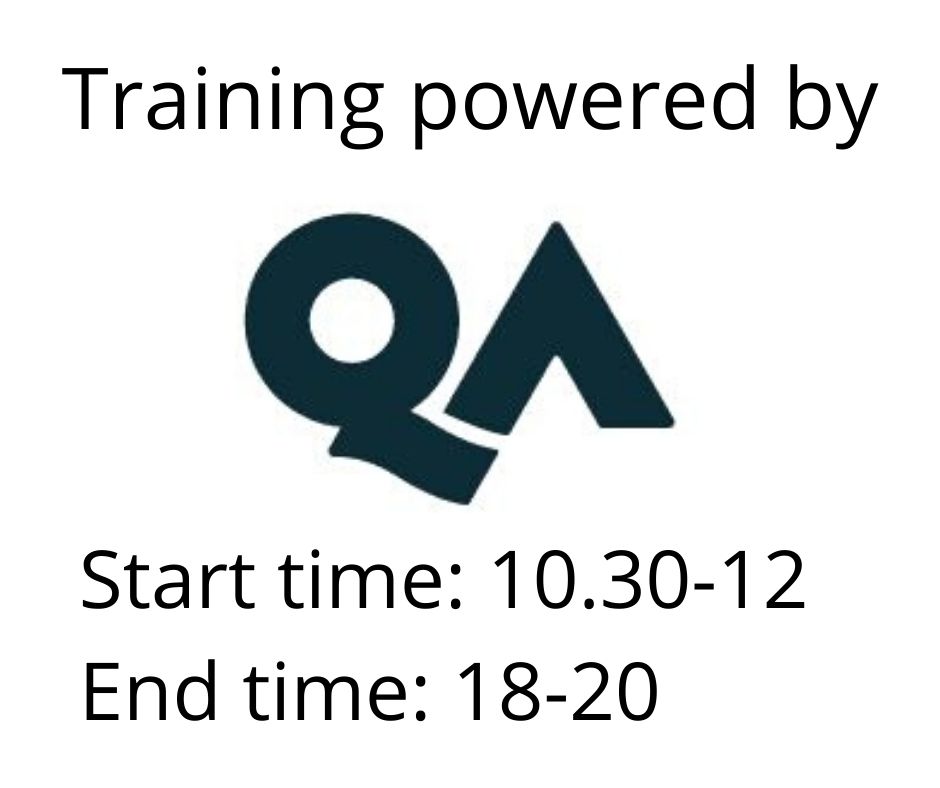Network Automation with Red Hat Ansible Automation Platform – Virtual Training
Training formats
Duration
5 days
Price
3466 €
Learn how to use Red Hat Ansible Automation for Networking to remotely automate configuration of network devices, test and validate the current network state, and perform compliance checks to detect and correct configuration drift.
Target Audience
This course is designed for network administrators, network automation engineers, and infrastructure automation engineers who want to learn how to use Ansible to automate the administration, deployment, and configuration management of the network infrastructure of their organization or enterprise.
Course content summary:
- Install and configure Red Hat Ansible Automation for Networking on a management system
- Use Ansible to run ad hoc commands and playbooks to automate tasks
- Write effective Ansible playbooks for network automation
- Gather information about network infrastructure configuration and backup
- Automate specific network administration use cases, including configuration of routers and switches, ports, VLANs, SNMP monitoring, and routing protocols
- Use Ansible playbooks to target devices from various hardware vendors, including Cisco, Juniper, and Arista
As a result of attending this course, you will be able to use Red Hat Ansible Automation for Networking to write Ansible playbooks and launch them to manage the routers, switches, and other devices in your network infrastructure. You will have experience with using Ansible to automate several common use cases and have a basic understanding of how to write playbooks that can target devices made by different network hardware vendors supported by Red Hat Ansible Automation.
Impact on the organisation
This course is intended to develop the skills needed to use Red Hat Ansible Automation for Networking to implement a network automation solution that allows automated and consistent configuration of devices; validation of configuration and detection; remediation of configuration drift; and management of the automation solution. Such a deployment provides a network infrastructure that can be easily managed and rapidly updated even as it scales to a large number of devices. Using this network infrastructure, the organization can save cost, reduce downtime, and limit costly configuration errors.
Red Hat has created this course in a way intended to benefit our customers, but each company and infrastructure is unique, and actual results or benefits may vary.
- Experience with network administration, including a solid understanding of TCP/IP, routers, and managed switches
- Familiarity with managing network devices from the command line, preferably with one or more of Cisco IOS, IOS XR, or NX-OS; Juniper JUNOS; Arista EOS; or VyOS
- You will work with text files and run commands in a Red Hat Enterprise Linux environment. A working knowledge of Linux, including how to edit text files and run commands from the shell, and how to use SSH to log in to remote systems
- Knowledge equivalent to Red Hat System Administration I (RH124) or better is recommended
- Prior Ansible knowledge is not required
Please note: In order to provision you with your courseware and lab access for this course QA must share several items of basic personal information with our partner (usually your full name and email address). For more information on this please visit our QA Partner data sharing page. If you have any questions or concerns please contact your QA account manager.
Deploy Ansible
Install Ansible and create Ansible inventories.
Run commands and plays
Execute ad hoc commands and prepare Ansible playbooks.
Parameterize Ansible
Control tasks with loops and conditions.
Administer Ansible
Safeguard information with Ansible Vault and manage inventories.
Automate simple network operations
Gather network information with Ansible and configure network devices.
Automate complex operations
Solve new MACD challenges and overcome real-world challenges.
